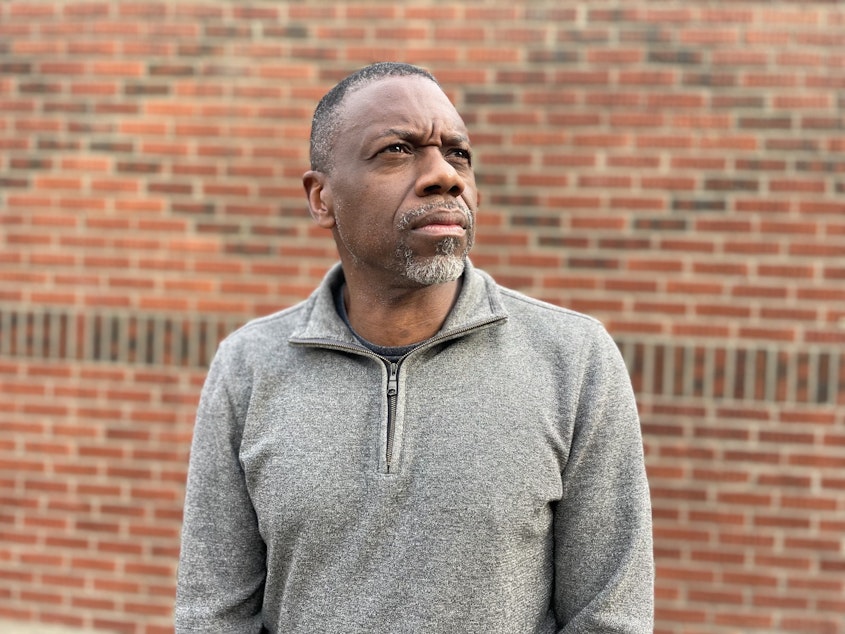What to do about low Black homeownership in Washington state

One local leader has been thinking a lot about a report that came out last week, which revealed low homeownership among Washington’s Black families, as compared to white families.
Michael Brown, leader of the Seattle Foundation's Black Home Initiative, said the report is evidence that the region's wealth is not being shared.
He has some ideas about how to fix that.
Last week, Brown read the Washington State Homeownership Disparities Work Group's study showing that Black, Indigenous and People of Color would need to buy 140,000 homes to achieve parity with white families. In King County, the number is nearly 50,000.
RELATED: Read KUOW's story on that report and its recommendations
In this country, we tend to see homeownership as an expression of personal worth. But Brown says collectively, home ownership also increases the economic resilience of a community.
“A lot of that does come down to stability,” Brown says. “Financial stability, housing stability, community stability. And those are some of the benefits that we see, as it relates to home ownership.”
Brown says when people own homes, it helps them weather financial bumps in the road. Home equity can be used to secure a loan. Or a family with a home can simply offer a relative experiencing housing instability a spare bedroom to stay in.
Sponsored
Collectively, Black communities, Indigenous communities, and other communities of color have suffered disproportionately from a lack of these resources. It’s a major reason, Brown says, that so many Black families have been pushed out of Seattle and could eventually be pushed out of the Puget Sound area altogether. It's a reason why these same demographics are overrepresented among those living outside.
Brown wants more families to have a shot at the stability that comes with home ownership. It’s not about pushing people beyond what they’re ready for, he says. It’s about recognizing how many people would be ready, were it not for making a down payment, for example.
“We’ve heard many stories from first-time home buyers who didn’t believe it was possible," Brown says. "And the thing is, what they were paying in rent would actually equate to a mortgage payment. So for us, the focus on home ownership isn’t just a nice thing – it’s meant to be transformative.”
Brown says in addition to spending money on homelessness and building affordable rental apartments, communities need to build more homes that are less expensive to buy. And because the free market will not naturally produce homes for families on low incomes, Brown says we need economic subsidies that help everyone afford homes.
Brown highlights the work of AfricaTown, the Urban League, Homestead Community Land Trust, HomeSight, and Habitat for Humanity — all groups that include increasing home ownership as part of their mission.
Sponsored
The Black Home Initiative is helping direct resources to these organizations so they can increase their capacity. They’re also lobbying legislators to write laws that support Black homeownership.
Getting people off the streets is one thing, Brown says. Decreasing the cost of living by building more apartments is also useful. But truly helping people share the prosperity of this region requires helping them own homes, he says.




